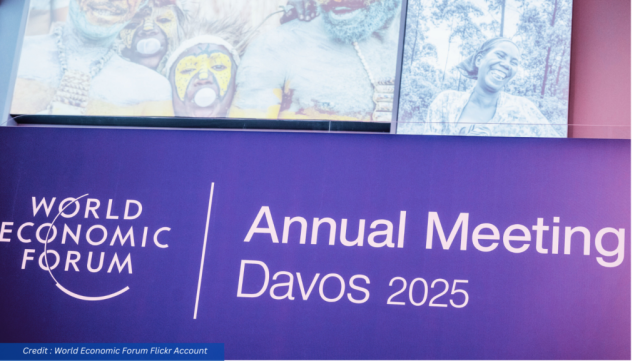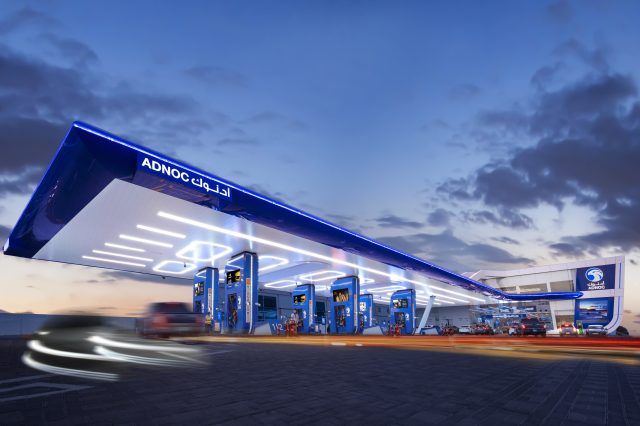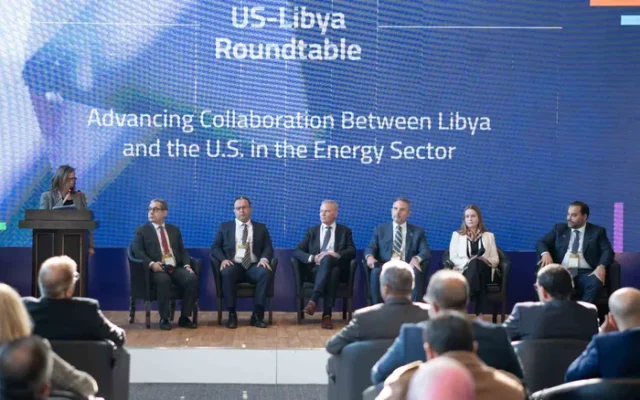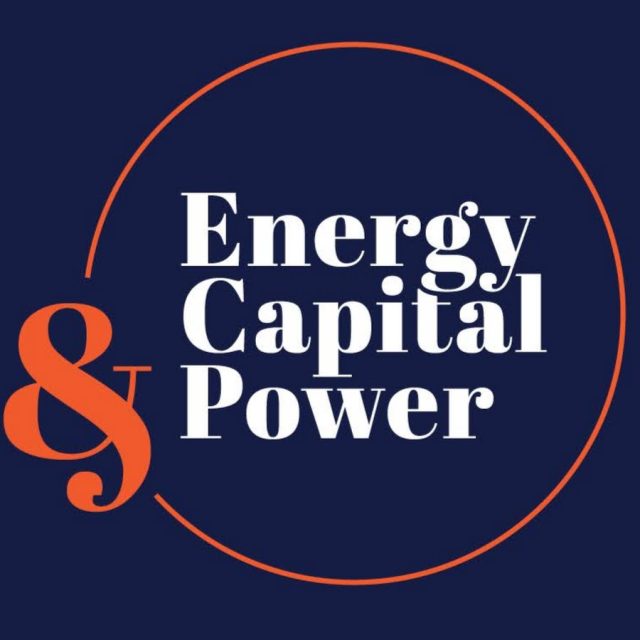IATF launched to utilise academia in advancing understanding of intra-African trade

- University lecturers, students, and researchers affiliated with National Research Institutions invited to participate and showcase their publications and prototypes at IATF2025.
Afreximbank (www.Afreximbank.com), in collaboration with African Union Commission and AfCFTA Secretariat, is excited to launch its new initiative the “African Research and Innovation Hub @IATF”, during the 4th Intra-African Trade Fair (IATF2025). The key objective is to boost academic research output and increase collaboration between academia, industry, and policy makers across Africa in the bid to drive forward intra-African trade and industrialisation.
The platform aims to provide an opportunity for African, Caribbean and Diaspora lecturers, students, and researchers to showcase innovative research and prototypes that contribute towards intra-African trade and industrialisation. It also seeks to develop industry collaborations and exchange knowledge with leading professionals in the field during IATF2025 in Algiers, Algeria from September 4-10, 2025.
The African Research and Innovation Hub @IATF aims to promote and commercialise African research and innovation. It also acknowledges that there are many talented and creative Africans across Africa, the Caribbean and the Diaspora, who have brilliant ideas, concepts, publications and prototypes but lack the relevant support required to help them nurture their ideas and commercialise them.
The platform provides access to more comprehensive information, relevant data, and literature whilst exposing national researchers to potential investors or venture capitalists who could assist with commercialising their research output and prototypes.
A key objective of the Hub is to encourage innovation and entrepreneurship among lecturers and students by connecting them to trade exhibitions, start-up pitches, and networking opportunities with business leaders, potentially leading to new start-ups and increased academic-industry collaborations. It also provides opportunities for networking and potential collaboration with others in academia and practitioners across the continent, research institutions, industry, and policymakers.
Researchers, academics and university students are provided with access to information on emerging issues in the field of intra-African trade and can incorporate these into their research programs and academic curricula. Lastly, it enhances the capacity of lecturers and students in understanding and teaching the complexities of trade policies, trade standards, regional economic communities, the African Continental Free Trade Area (AfCFTA) and industrialisation.
The hub aims to support the broader objectives of enhancing intra-African trade, fostering economic development, and building a connected, informed, and empowered next generation of African trade and investment leaders across all fields. This hub will allow students to exhibit their prototype inventions and published research papers on select topics, which are expected to adhere to world-class standards.
Mrs. Kanayo Awani, Executive Vice President Intra-African Trade and Export Development at Afreximbank said: “IATF2025 is an important moment for African research and innovation, bringing together the brightest minds from universities and research institutions to contribute towards promoting intra-African trade and industrialisation. The African Research and Innovation Hub @IATF will serve as a groundbreaking platform for African, Caribbean and Diaspora lecturers, students, and researchers to demonstrate their capabilities, and connect with industry leaders, investors, and policymakers. This is more than an opportunity to display research; it’s a unique moment to shape the future of intra-African trade and industrialisation to drive economic growth across the continent.”
Entries will be judged by a panel consisting of distinguished trade experts, scholars, and industry leaders from across Africa. The panel will evaluate submissions based on innovation, relevance to African trade and industrialisation, and the potential for practical application.
Candidates should demonstrate a number of key criteria – including academic excellence and a passion for advancing research on intra-African trade, industrialisation, leadership and initiative in projects related to trade, industrialisation and innovation, and regional economic integration; high-quality research outputs or innovative prototypes aligned with IATF’s themes and a commitment to furthering knowledge and collaboration by sharing insights from the event with their academic institutions.
University Lecturers, University Students, and Researchers Affiliated with National Research Institutions from Africa, the Diaspora including the Caribbean are invited to submit their applications directly through this email: ARIH@intrafricantradefair.com by 28 March 2025, 23:59 GMT.
You can find out the eligibility criteria, application requirements and other details on the IATF2025 website: https://apo-opa.co/3EeHRvj
Distributed by APO Group on behalf of Afreximbank.
Media contact:
media@intrafricantradefair.com














